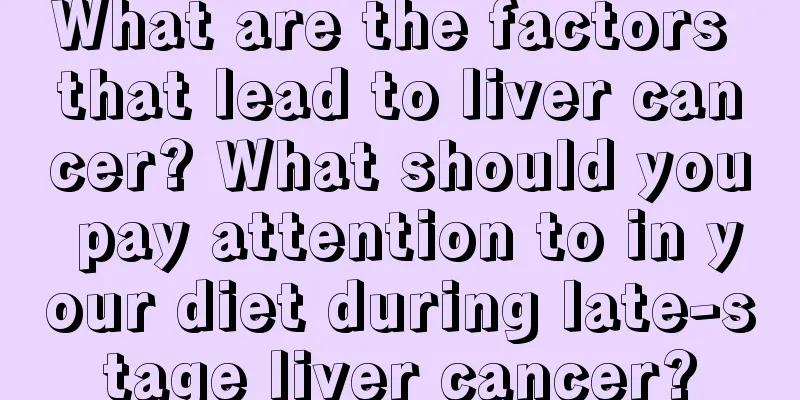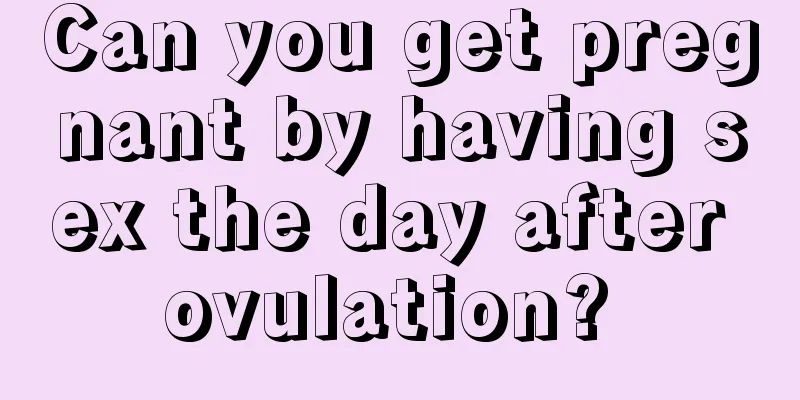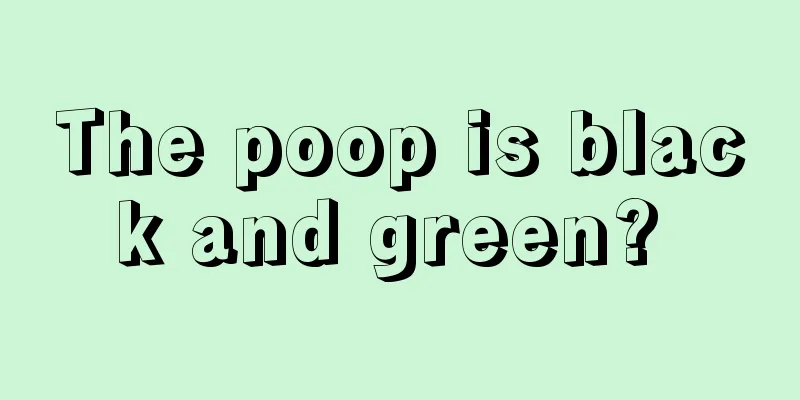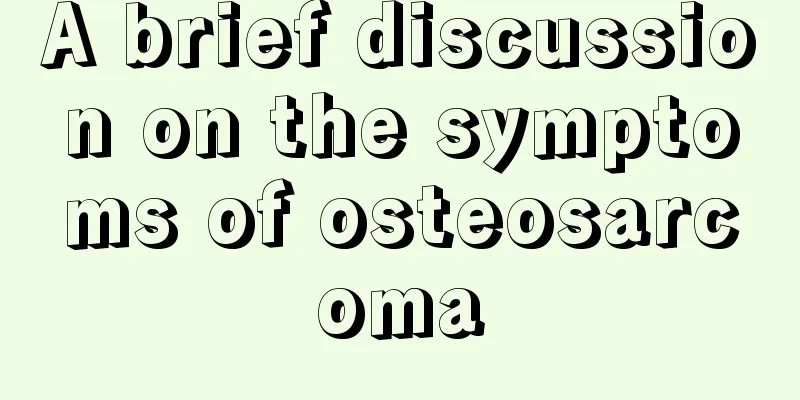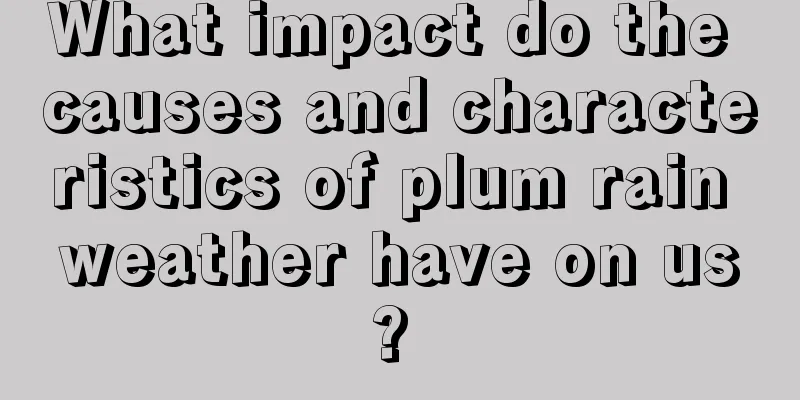My chest feels like I'm choking on something
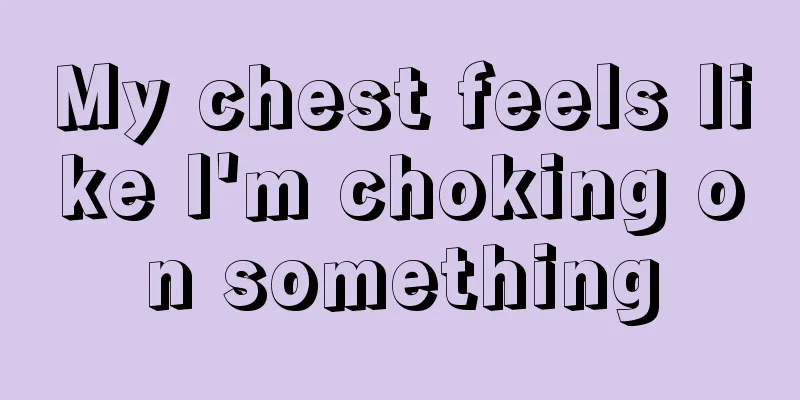
|
Eating cannot be considered as an exercise for us. It should be said to be a normal activity. If we do not eat, the nutrients in our body will be consumed quickly and the body will definitely not be able to support it for long. Eating is not only a necessary process for us, but also a kind of enjoyment, especially if what we eat is our favorite food, it satisfies our taste buds even more. Some people suddenly feel like they are choking in their chest when eating. Why is this? The main concern is esophagitis. Esophagitis is an inflammation of the esophagus, which refers to inflammation caused by edema and congestion of the esophageal mucosa due to irritation or damage to the superficial or deep tissues of the esophageal mucosa. Chemical irritation includes stomach acid, bile, strong liquor, strong acid, strong alkali, drugs, etc.; physical irritation includes hot food, drinks, foreign bodies in the esophagus (fish bones, etc.), long-term placement of nasogastric tubes, etc. Esophagitis may also be caused by local damage to the esophagus due to chemotherapy or radiotherapy, or by infection with tuberculosis, fungi (Candida) or viruses due to the patient's own decreased resistance. The most common clinical condition is reflux esophagitis caused by gastric acid reflux. Causes and classification 1. Radiation esophagitis 2. Acute corrosive esophagitis Corrosive esophagitis often occurs as an accident and is prone to occur in children. In particular, various household cleaners have entered many households and are easily ingested by children. These products contain sodium hydroxide (potassium), sodium carbonate (potassium), potassium permanganate, etc. Corrosive esophagitis in adults is often caused by swallowing strong acids or alkalis as a means of suicide. It is not uncommon for strong acids and alkalis to be accidentally ingested by people when they are stored in containers used for beverages or alcohol. Drug-induced esophagitis has received clinical attention in recent years. It is now recognized that patients of all ages, in all settings, and taking all therapeutic doses of medications have the potential to injure the esophagus. 3. Suppurative esophagitis Purulent esophagitis is a purulent inflammation caused by bacteria invading the esophageal mucosa when the esophageal mucosa is damaged. Patients may be asymptomatic or have only neck pain or sore throat. Patients with a larger lesion area may also experience symptoms such as dysphagia, pain behind the sternum, chills, and fever in addition to neck pain or odynophagia. Those with higher reactivity often have high fever. A small number of patients may develop sepsis and show corresponding symptoms. 4. Reflux esophagitis The main symptoms are heartburn, pain and difficulty in swallowing, and pain behind the sternum. When esophagitis is severe, it can cause esophageal spasm and esophageal stenosis, a "choking" feeling when swallowing food, and even vomiting. Bleeding from esophagitis is usually mild, but it may also cause vomiting of blood or black (tarry) stools. Esophagitis caused by different causes may be accompanied by corresponding clinical manifestations. |
<<: Why do I often choke when eating
>>: What are the dangers of taking hormones for a long time
Recommend
How to take care of lung cancer? Daily care methods for lung cancer
Everyone should know something about lung cancer....
The most effective way to remove forehead wrinkles
Because of weather changes and staying up late, p...
Which kind of osmanthus is edible
Every autumn, osmanthus flowers bloom. At this ti...
What are the effects of Batam wood
Almonds are now more of a nut snack, and many peo...
What is the reason for saliva odor
Bad saliva is a very common condition in daily li...
Why do I always smell a bad smell?
Oral disease is a condition that is very easy to ...
What are the effects of Danhong injection
Danhong is actually a hybrid fruit introduced fro...
What is koji made of
Qu is the backbone of wine. Many people prefer to...
Can liver cancer be transmitted through oral sex?
Because many viral hepatitis are contagious, many...
The efficacy of brown sugar and flour facial mask
We all know that if we want a fair and smooth fac...
Nursing measures for craniocerebral injury, scientific care leads to quick recovery
Craniocerebral injury is a head injury caused by ...
Is gastric malignancy cancer? Not necessarily
If a malignant tumor occurs in the stomach, the p...
Why is hair so oily
Sometimes we feel that our hair is very oily. We ...
Is blood sugar level 64 normal?
If a person's blood sugar reaches 64, it is s...
What is the treatment for pharyngitis
Pharyngitis is not unfamiliar to many people. The...

